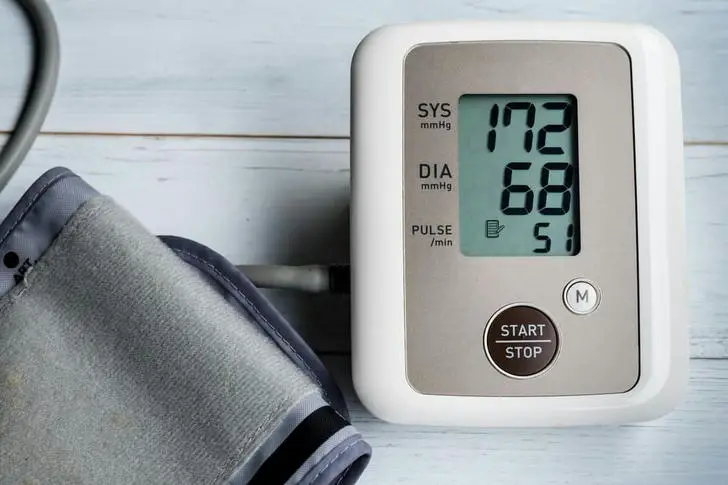20 Surprising Factors That Can Harm Your Kidneys
Advertisement
20. The Significance of Monitoring Blood Pressure

High blood pressure, often referred to as the "silent killer," can cause substantial damage before symptoms become apparent. Monitoring blood pressure regularly is crucial because when left untreated, high blood pressure can harm the arteries and blood vessels leading to and from the kidneys.
The kidneys rely on a complex network of blood vessels to receive the oxygen and nutrients necessary for filtering toxins from the body's fluids. High blood pressure can damage these vessels, leading to inadequate blood supply to the kidneys. Additionally, the kidneys produce a hormone called aldosterone, which helps regulate blood pressure. When high blood pressure damages the kidneys, they may produce insufficient aldosterone, creating a harmful cycle of worsening kidney damage.

On the other hand, low blood pressure also disrupts the proper flow of blood and oxygen to the organs, including the kidneys. This insufficiency can contribute to heart attacks, kidney failure, or strokes.
Regular blood pressure monitoring, at least annually or more frequently when there is a family history of blood pressure problems, allows for early detection and appropriate management. Identifying and treating blood pressure issues promptly can help prevent severe damage to the kidneys and other organs.
